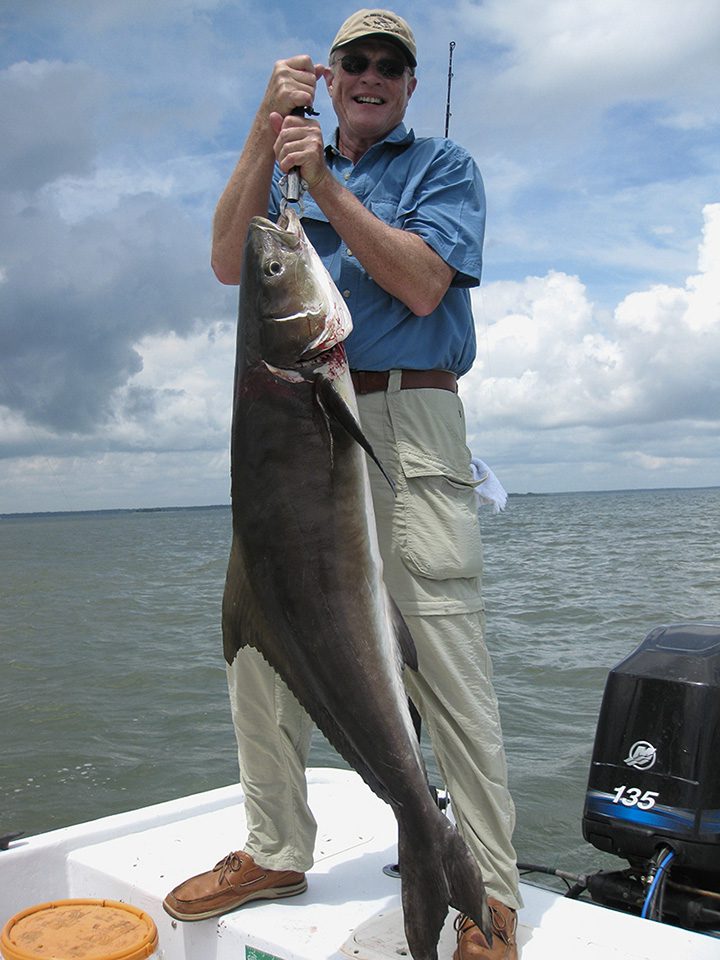The Atlantic States Marine Fisheries Commission (ASMFC) is mulling big changes in the way cobia are managed in the Atlantic. The commission is seeking public comment on a draft addendum that explores a wide range of potential management actions that could affect cobia seasons, limits and state allocations from Georgia to New York.
An announcement with complete information for public hearings for Georgia and South Carolina was posted by ASMFC May 28 ahead of a June 5 hearing in Townsend, Ga. and a June 6 hearing in Okatie, S.C., giving the public a week’s notice to travel and attend meetings. A calendar for future meeting dates as well as online comment periods and virtual hearings is available here: https://asmfc.org/calendar/. The final date for public comment is July 8.
As such documents tend to be, the draft addendum is long and complex and delves into numerous options for future management of the fishery. A key driver for these potential changes is recent data that shows increasing cobia landings off the Mid-Atlantic states, while recreational catches have remained relatively consistent off the Southeastern states. According to the addendum, this could indicate a northward range expansion for cobia in the Atlantic.
In a nutshell, cobia fishing off Virginia has gotten a lot better since 2016, and cobia are showing up in greater numbers off Rhode Island and New York. Meanwhile, the fishing off North Carolina, South Carolina and Georgia is about the same as it has always been, with catch numbers peaking around the seasonal migrations.
Currently, cobia are allocated on a state-by-state basis, and the goal for these potential changes seems to be a more regional management system. The stock is not overfished, but recreational anglers in the Mid-Atlantic and northern states are overrunning catch targets, which could result in reduced angler access to the fishery. There are several options presented in the addendum to address the problem. Some of them could result in significantly reduced allotments for anglers in southern states.
Read Draft Addendum II and find out how to speak out on the issue through the ASMFC Calendar.
